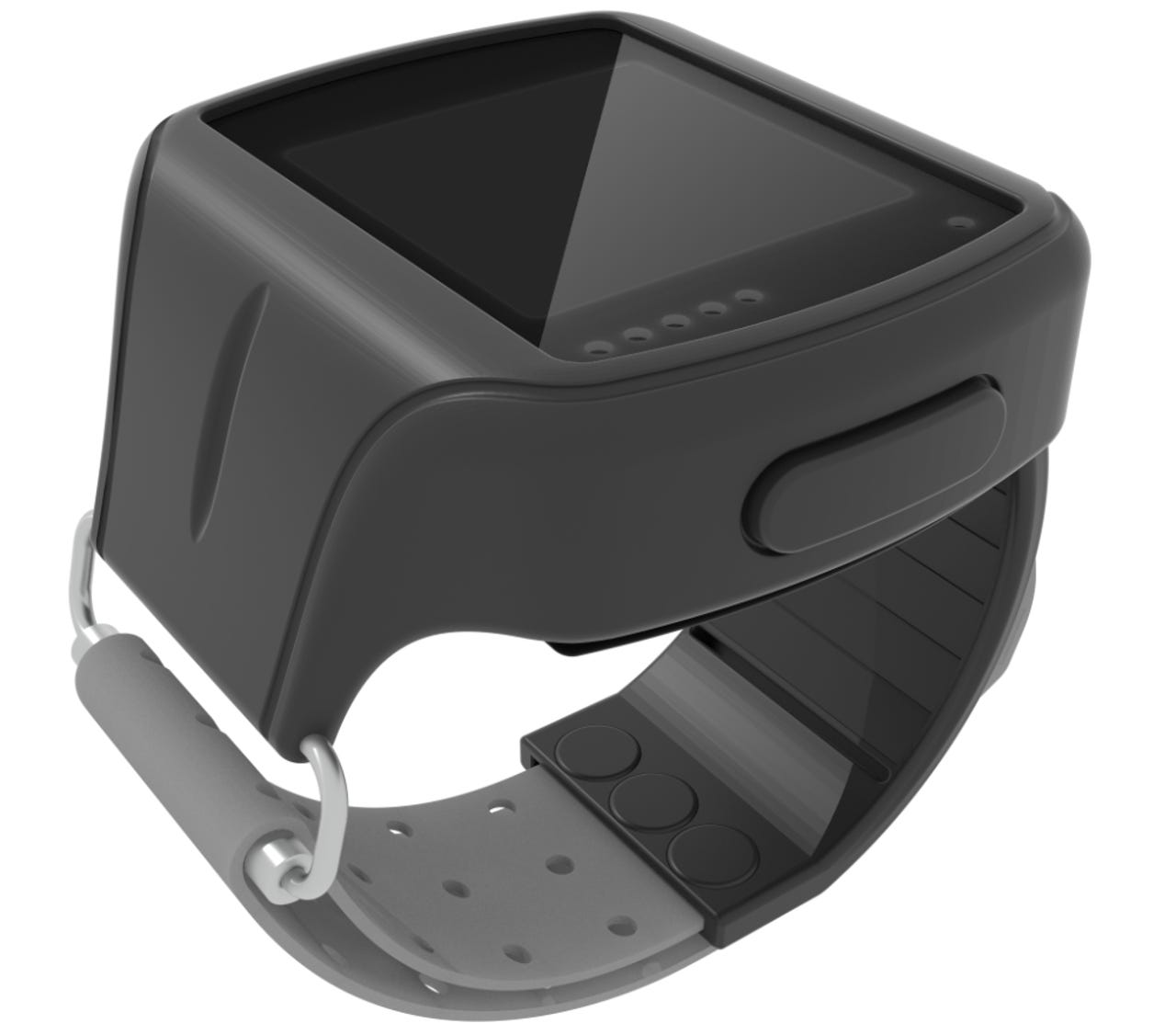From heart attacks to fainting, this watch flags up health threats before they strike


The Contact watch has built-in sensors to measure pulse, blood oxygen level, temperature, and barometric pressure.
Norwegian entrepreneur Terje Tobiassen survived a heart attack while driving in 2014. The experience inspired him to find a way to help himself and others get warnings of imminent health threats, such as falls and fainting.
Tobiassen established the company ContinYou to develop health technology, and this month its first product, the health-monitor watch Contact, will be available in Norwegian stores.
The Contact watch has several built-in sensors to monitor its wearer's pulse, blood oxygen level, temperature, and barometric pressure. By combining data from these sensors, the device can predict dangerous situations before they occur, according to ContinYou.
"Based on increasing pulse and lowered oxygen saturation levels, we can estimate if the wearer is about to faint, or if there is a risk it can happen. Through mobile technology the watch can communicate with heath personnel or the wearer's relatives," Tobiassen said in a statement.
The barometric pressure sensor is used to detect if the wearer falls.
The Contact watch is equipped with a built-in GSM SIM card from mobile operator Telia. Using this communication channel, the watch can alert others when it detects changes in vital signs that give cause for concern, or if the wearer presses its large button.
The cooperation with Telia goes further than just a communication vehicle. Telia will use its marketing muscle to promote the product when it is ready for sale. The Contact watch will also retail through Telia's own stores throughout Norway.
The target users for the device are people aged over 60 years. The company states that it shall be "relevant first and foremost for family and relatives".
Tobiassen's thinking is that welfare technology is not important just for the elderly, but also for their families.
"What happened to me in 2014 was a big strain for my family. This watch will provide safety both for the wearers and their families," he said.
VIDEO: A smart watch to detect heart attacks before they happen
Read more on health tech
- Top tech fitness gadgets to help you get fit and healthy
- How video game tech, AR, and 3D models help these surgeons do their job
- Pfizer seeks Brazilian health tech startups
- Top 10 healthcare tech startups to watch (TechRepublic)
- Microsoft tries again to tackle healthcare with new services, tools
- Health care app uses Apple Watch to ID doctors, follow privacy law (CNET)